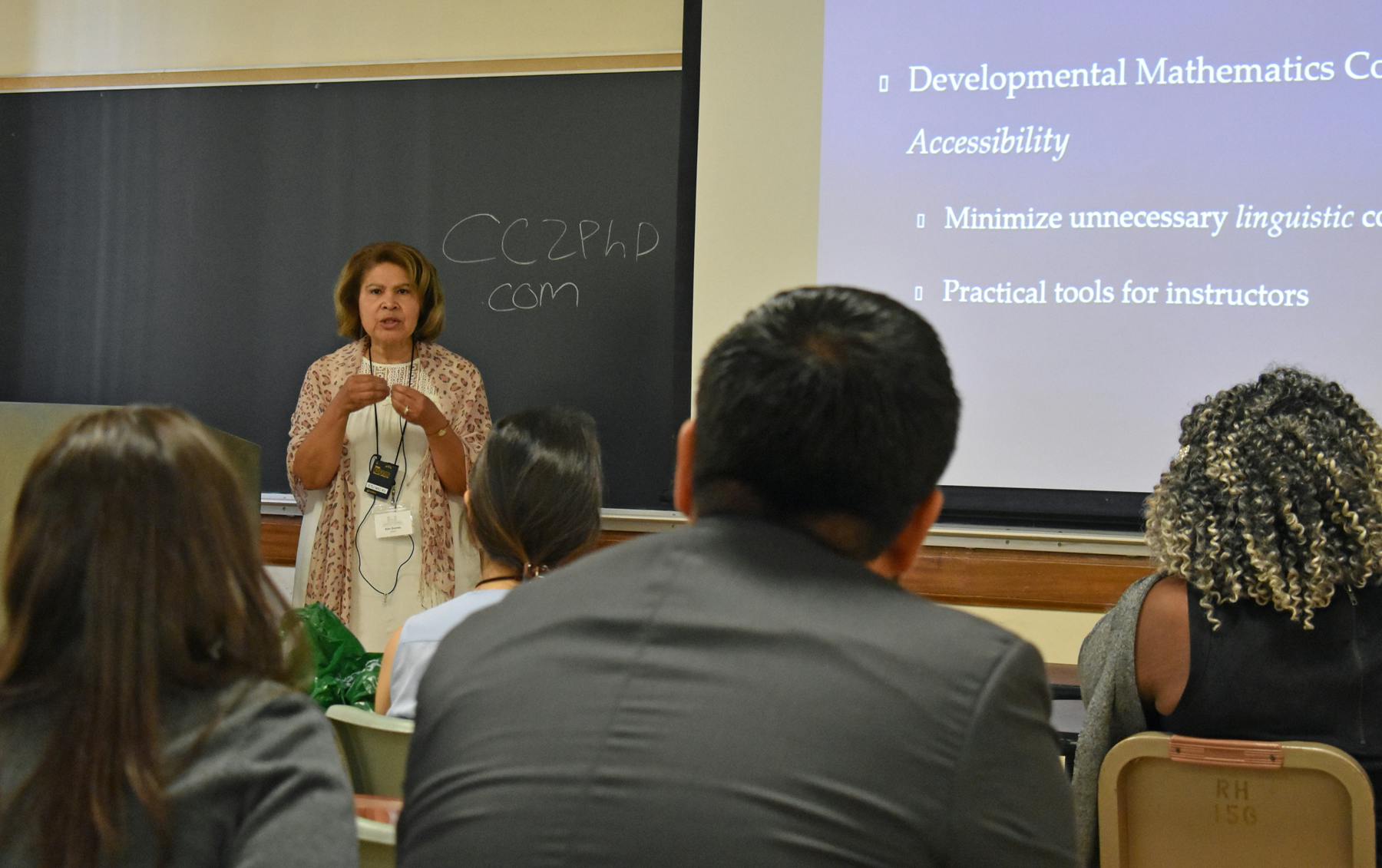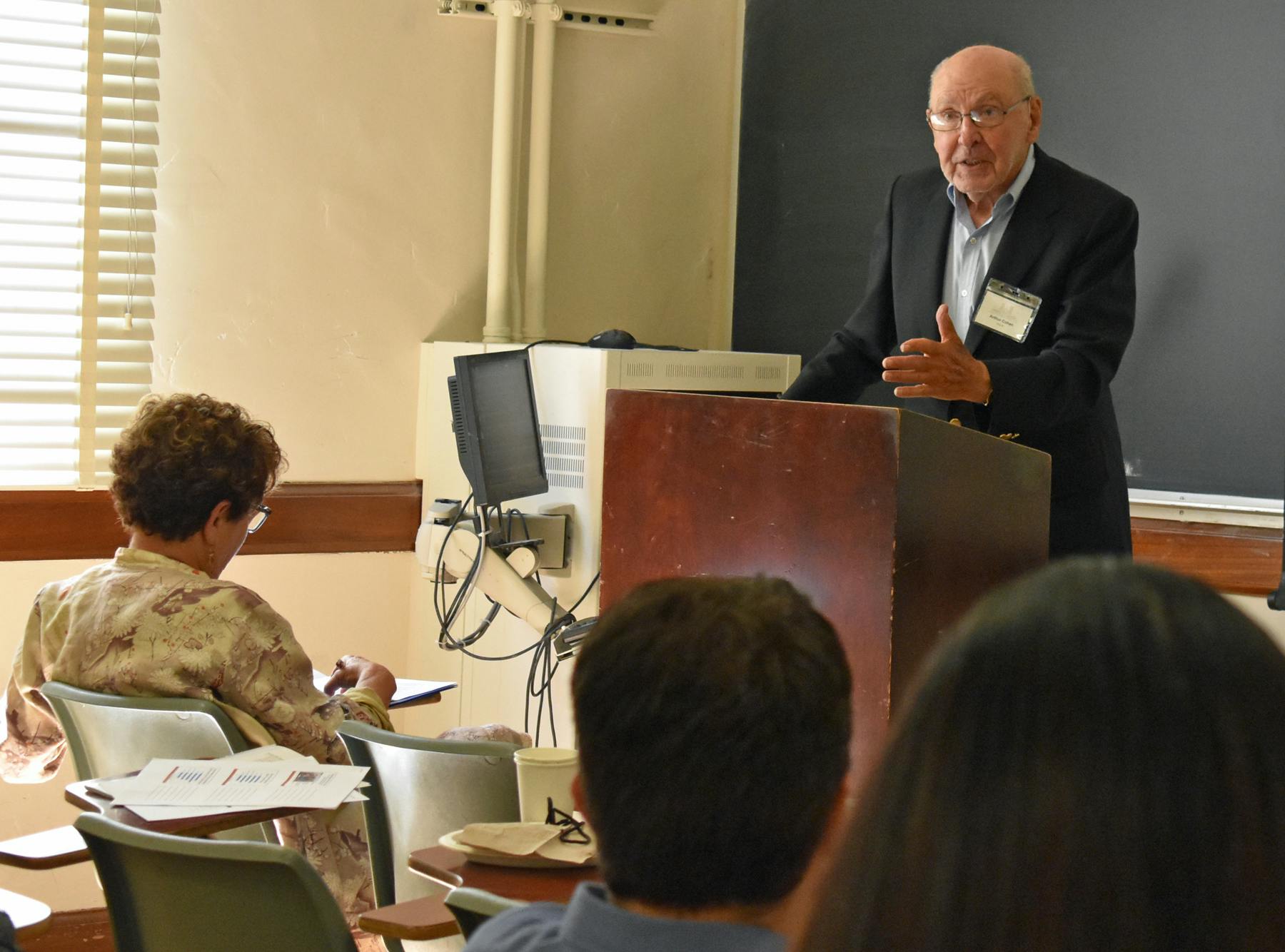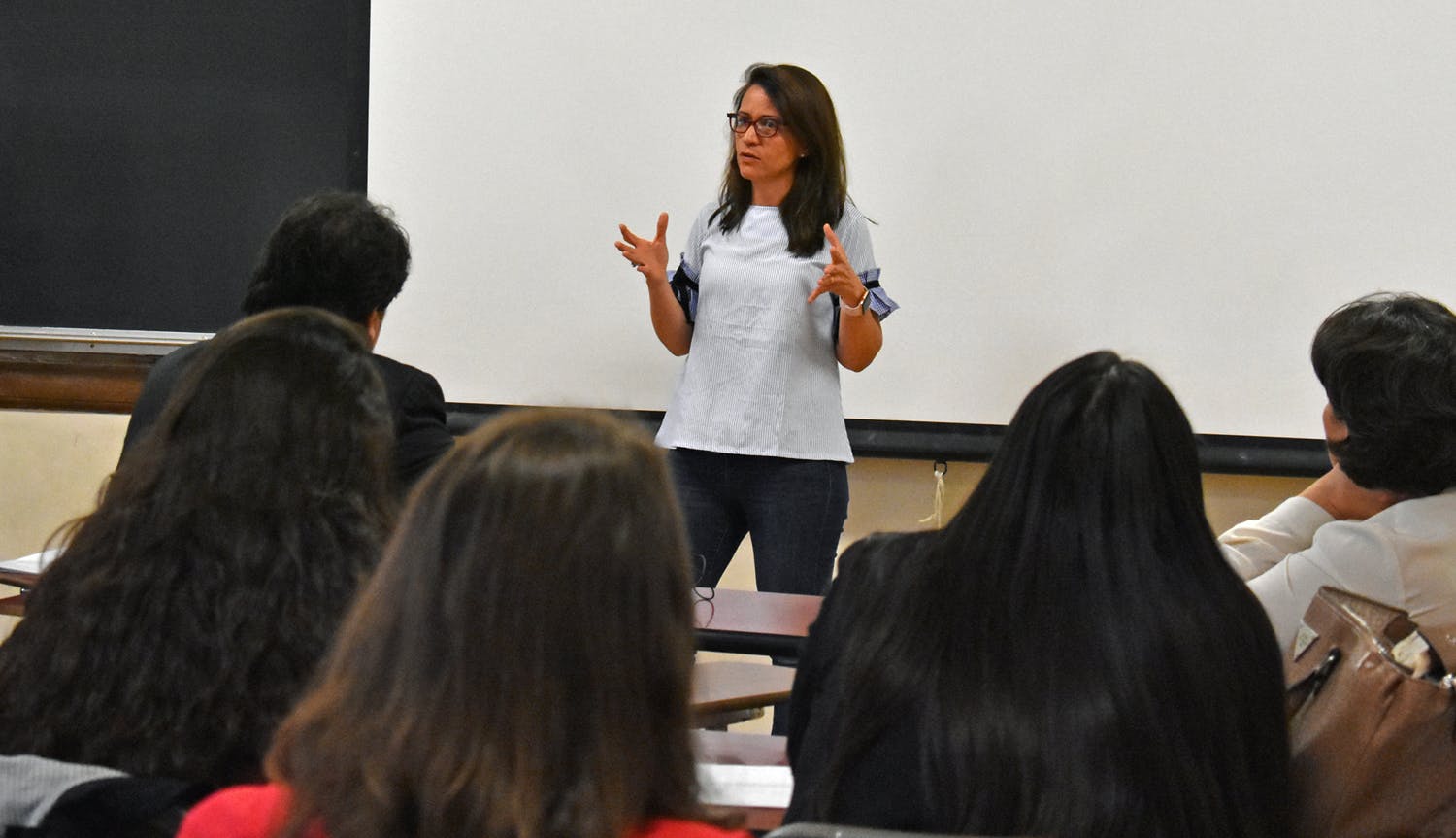The connection between community college student and PhD is not one that many people make. More often, community colleges are viewed as a springboard to a four-year bachelor’s degree, or maybe a place for vocational or career training.
But the reality is that community colleges play an important role as a starting point on the long and arduous road to a master’s degree or PhD. According to data published in 2017 by the National Student Clearinghouse Research Center, about one in five of those who earned master’s degrees, and 11 percent who earned doctoral degrees, originally began their studies at a two-year college.
That is not an insignificant number of students. But the Community College to PhD Association at UCLA (CC2PhD) is hoping to to do better.
“We’re working to really boost the number of students from community colleges who go on to pursue graduate degrees,” says David Nguyen, and undergraduate at UCLA who is the Director of CC2PhD. Our mission is to strengthen the community college to PhD pipeline.”
In pursuit of that mission, on Saturday, June 2, CC2PhD hosted the Community College Study Conference at UCLA. The Conference brought together professors and researchers, as well as graduate and community college students to explore critical issues confronting community colleges and the students they serve. The conference included research sessions ranging from issues that impact students, counselors and administrators to the evolving missions of community colleges.

“Our faculty and students at the UCLA Graduate School of Education and Information Studies are deeply engaged in issues that impact community colleges and the resourceful, resilient, and talented array of students they serve,” says Cecilia Rios Aguilar, Associate Professor and Director of the UCLA Higher Education Research Institute. “This conference is a reminder of how vital community colleges are to the higher education system in California and in the entire country, and an important opportunity to engage colleagues in discussions of how to better serve students and to improve their academic and occupational success.”
At the conference, Emeritus Professor in the UCLA Graduate School of Education and Information Studies Arthur Cohen discussed his career-long body of research on community colleges, including curriculum, transfers, and the value of the liberal arts focus of many campuses. He said that health profession degrees are prevalent among vocational graduates, and that psychology, sociology, and interdisciplinary degrees are the top degrees in liberal arts programs.
“Liberal arts associate degree graduates outnumber the vocational associate degree graduates, about five to three,” he said.
Cohen, began his research in 1964 with a study of Miami Dade College, which was the first community college to serve an integrated student population.
“All colleges in the South were segregated,” said Cohen. “[Miami Dade] was revolutionary, so I wanted to study it.”
UCLA Professor of Education Kim Gomez spoke about the developmental courses that many students of color and English language learners take – and often, need to retake – in order to achieve their associate of arts degrees. She said that 80 percent of these students fail these courses, which becomes a barrier against enrolling in STEM courses that would enable them to graduate or enhance their job skills.
“[Developmental courses] have literally been called, ‘the graveyard of dreams,’ said Gomez.
UCLA Graduate students in the PhD program also presented their research. Tanya J. Gaxiola Serrano shared her work exploring familial capital, immigration, and Latinx Community College students, and Ana Karen Gomez discussed her evaluation of the success of the community college transfer student transition process. Melo-Jean Yap shared research on women of color in STEM Majors. Devon Graves discussed his research on financial aid verification in community colleges.

The conference is also an opportunity for community college and transfer students to gain exposure to faculty members and graduate students. Research indicates that such exposure to community college research presentations may be beneficial to students.
CC2PhD Director David Nguyen, who presented research on the Community College to PhD Program and the lessons learned in the first year, said that some evaluations suggest benefits to community college exposure.
“These presentations may reduce students’ concerns and increase their pride in being a community college student or transfer student,” Nguyen says. “This exposure may also increase their civic engagement around community college related issues.”
California has 114 community colleges, the highest number in the nation.
For a look at presentations from the Community College Research Conference, click here.
Above: Cecilia Rios Aguilar directs the Higher Education Research Institute (HERI) at UCLA. Photo by Joanie Harmon
